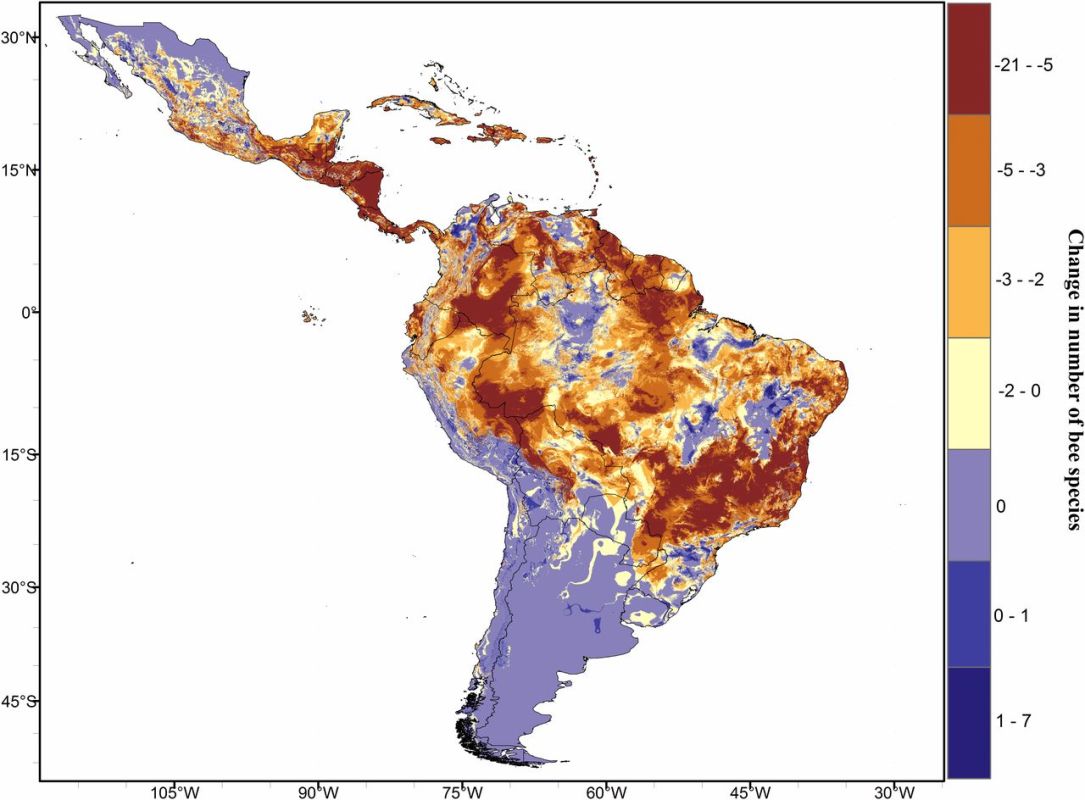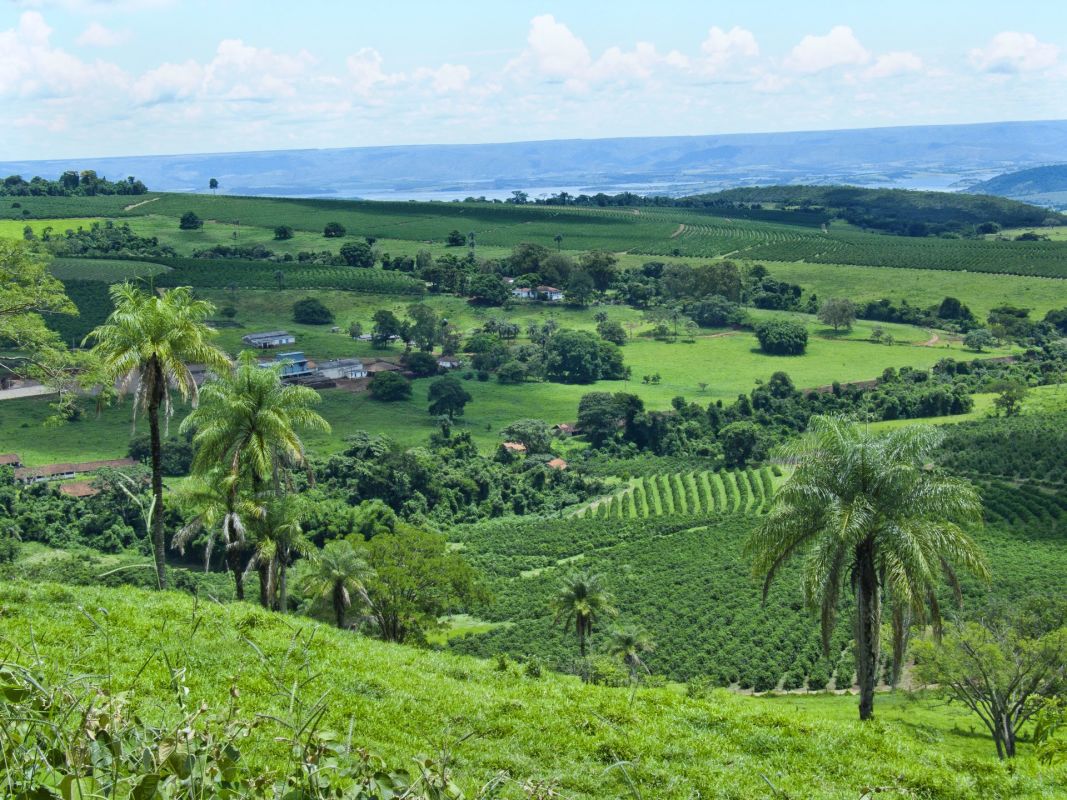Latin america accounts for around 80% of the global arabica coffee market, where the coffee is largely grown by smallholder farms with less than 4 hectares of land. These smallholders are the most vulnerable to the loss in farming conditions brought about by climate change.
Reductions in suitable coffee growing areas
Firstly, the most obvious effect of climate change, global warming, will increase the risks of drought and decrease the predictability of rainfall. The Intergovernmental Panel on Climate Change study suggests that the total amount of land suitable for coffee production is to fall by 73% by 2050, when compared to the same for 1950-2010. And this is just the intermediate risk outlook. A worst case scenario sees the land suitable for coffee farming to drop by a staggering 88%.
The countries expected to be the worst hit are those lacking in mountainous regions including Nicaragua, Venezuela and Honduras. These regions who rely on lower land for growing their coffee are expected to be too warm after the effects of climate change.
Some areas will increase in potential coffee farmland
Since climate change will increase temperatures, areas that were previously too cool will become suitable for coffee farming, with 12-30% of farmland in the future coming from such regions. These include Mexico, Guatemala, Colombia and Costa Rica.
Bees and their impact on the future of coffee
Along with changing conditions in farmland, bees will also suffer from climate change. Bees play a vital role in pollinating coffee crops and without them, there is a further combined threat to the future sustainability of coffee.

Most worryingly, Dr Pablo Imbach’s research suggests that changes to farming management techniques may not be enough to save the farms in the future, and that they should seek alternative production to secure their future:
Our results highlight the need for tailoring climate adaptation strategies to the combination of impacts on bees and coffee. First, in areas that will experience negative coupling, it is possible that changes in coffee or farm management will be insufficient to counter the negative coupled impacts and that coffee production will no longer be viable in the future. In these areas, adaptation strategies should focus on helping farmers shift either to other crops or production systems appropriate for future climatic conditions or to alternative, off-farm livelihoods, rather than trying to maintain coffee farming systems in unsuitable climatic conditions and in the absence of highly effective native pollinators.
The need for governments and farmers alike to work together on this sooner rather than later has never been more evident. Not only to preserve the future of coffee, but for the preservation of farmed crops and farmer livelihoods in a wider context.



